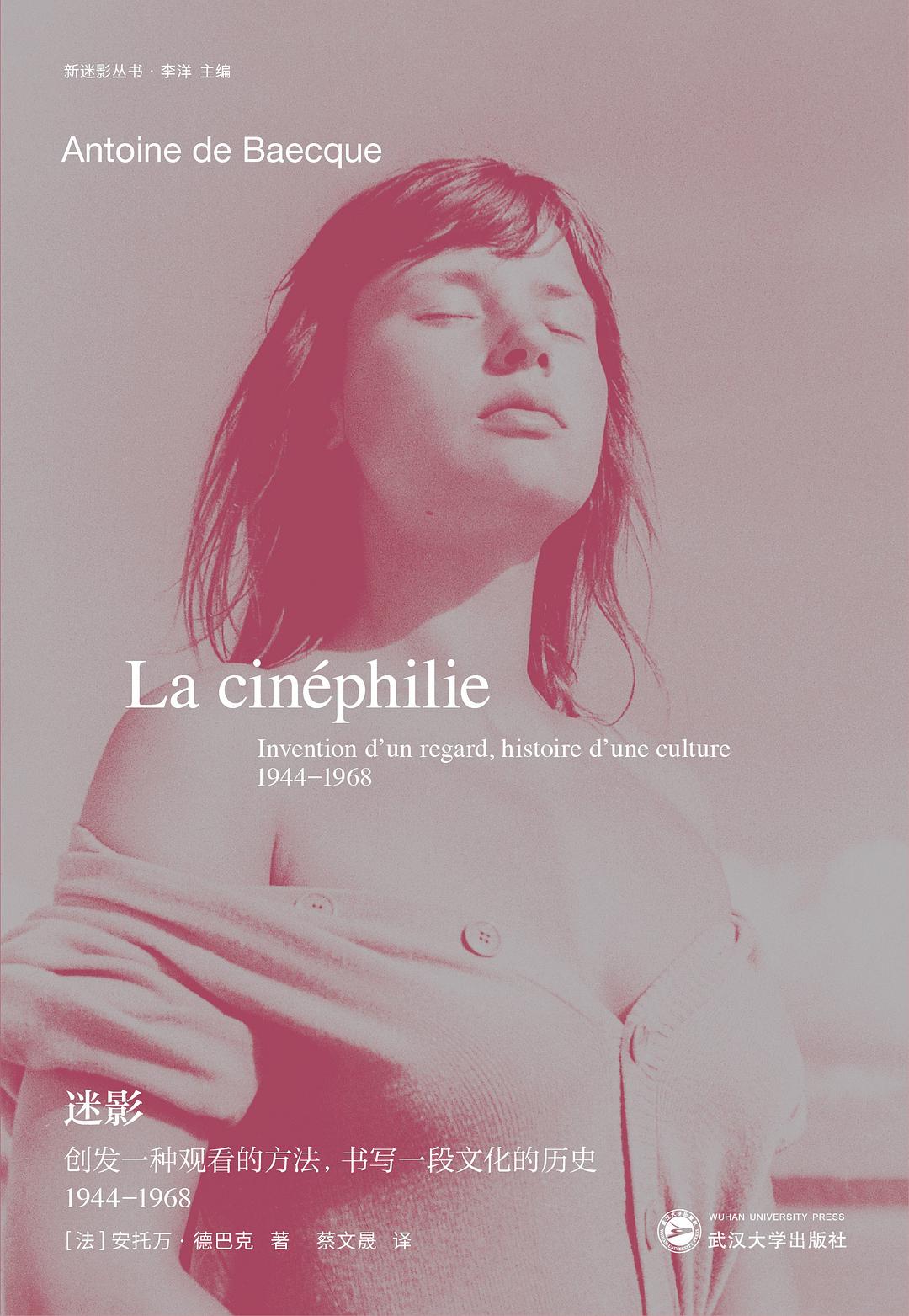WULOLIFE
《迷影》副标题: 创发一种观看的方法,书写一段文化的历史 1944—1968 作者: [法]安托万·德巴克
《迷影》副标题: 创发一种观看的方法,书写一段文化的历史 1944—1968 作者: [法]安托万·德巴克
Couldn't load pickup availability
Description
内容简介 · · · · · · 豆瓣评分9.0
《电影手册》前主编讲述关于电影之爱的历史,重的时代
【编辑推荐】
◆ 《电影手册》前任主编撰写,大量一手文献、私人档案、当事人谈话,为法重构一代迷影文化的精神脉络和社会背景。
◆一部以《电影手册》为支点,以巴赞、侯麦、朗格卢瓦、特吕弗、戈达尔等“电影恋人”为核心的迷影史。
◆法国电影文化研究领域不可不读的翘楚之作,数次再版,讲述一段关于如何发现电影、观看电影、放映电影、收藏电影、保护电影、评论电影和捍卫电影的文化史。
◆为热爱电影的人重述一种观看的方法,提供一种关于如何沉迷、如何永续精神力量的迷影路径。
【专业推荐】
书写了法国电影文化史上最热血沸腾的年代,是一部电影文化史的范本和力作!
——李洋,北京大学艺术学院副院长
安托万·德巴克教授如他所形容的巴赞一样,在电影和历史的“辐辏地”持续关照和还原着这一群影响了当代巴黎、法国乃至世界电影的影迷,这令他的《迷影》一书居于不可或缺的“汇流处”,它让电影与总体艺术、与人的行动,尤其是与现实的关系显现出来。由此,蔡文晟老师的深入、准确又富于灵性的译介,让曾中国影迷得以循踪历史及其复杂性,更恰。
——王方,上海师范大学影视传媒学院教授,法兰西艺术与文学骑士
既像一双穿透历史的眼,亦如一双兼具诗意评论的手,更是一颗电影思想的大脑。
——孙松荣,台湾电影学者,北艺大教授
泰松(曾任《电影手册》主编、戛纳电影节“影评人周”艺术总监)的研究生读书会,他总是问题最多,思路最快的学生。获得硕士学位后,他对我说,要跟随安托万·德巴克(曾任《电影手册》主编,现为巴黎高等师范学院电影学教授)攻读博士。即将学成归来时,他又一次来到安德烈·巴赞的墓前,诉说着传播电影文化的夙愿。如果“迷影”是一种信仰,他也许就是一个“天选的传灯人”吧。
——巴黎第三大学电影学博士,目前任教于上海大学上海电影学院
【内容简介】
“迷影之于我的意义,乃是一种涵盖了对电影、电影导演、影评人以及观影者的爱。”——安托万·德巴克
20% 60%
用什么姿势?他们如何主持电影俱乐部?
他们的团体活动具体是怎么进行的?
他们如何借由谈话、书信,以及私人或公开的写作去分享自己的观影日记?
……
阅片无数,更奉献身心——就看过的片子交流雄辩、撰写评论、谒见导演、创刊正是这股极其特殊的风气,让20世纪那些大师级导演在解放时期到1968年间的巴黎从很大程度上来说,造就了”希区柯克、霍克斯、罗西里尼、雷诺阿等多位电影艺术从而跟阿拉贡。
这些影迷究竟是何方神圣?在本为这些日后纷纷当上批评家、导演、作家、记者的“电影恋人”立传、画像,尤其是巴赞、侯麦、朗格卢瓦、特吕弗、戈达尔、里维特、夏布洛尔、达内等人。他在巨细靡遗地描绘这几个伟大身影的生命更以一种超越电影及其历史的眼界去加以审视之:毕竟,这些深受超现实主义、存在主义、文学传统、结构主义影响的影迷,确实能从一个另类的视角去观照那些涌现于20世纪五六十年代的思想潮流、艺术形式以及重大的论题。
作者简介 · · · · · ·
安托万·德巴克(Antoine de Baecque,巴黎高等师范学院教授,曾任《电影手册》总编辑、法国电影资料馆电影博物馆馆长、《解放报》文化版主编。长年深耕法国新浪潮与法国大革命等以“脉络化的作者策略”为 经,以“历史的电影形式”为纬,持续撰写、编纂多部重量级的导演传记、文化史论、风格研究、电影字典与访谈录,现已出版五十余种专著,其电影方面的部分力作包括《安德烈·塔可夫斯基》、《〈电影手册〉,一本杂志的历史1&2》、《弗朗索瓦·特吕弗》(与塞尔日·杜比亚纳合著)、《新浪潮:一代年轻人的肖像》、《迷影》、《摄影机-历史论》、《戈达尔传》、《电影思想字典》(与菲利普·瑟瓦里耶合编)、《侯麦传》(与诺尔·艾柏合著)、《让-皮埃尔·梅尔维尔传》
